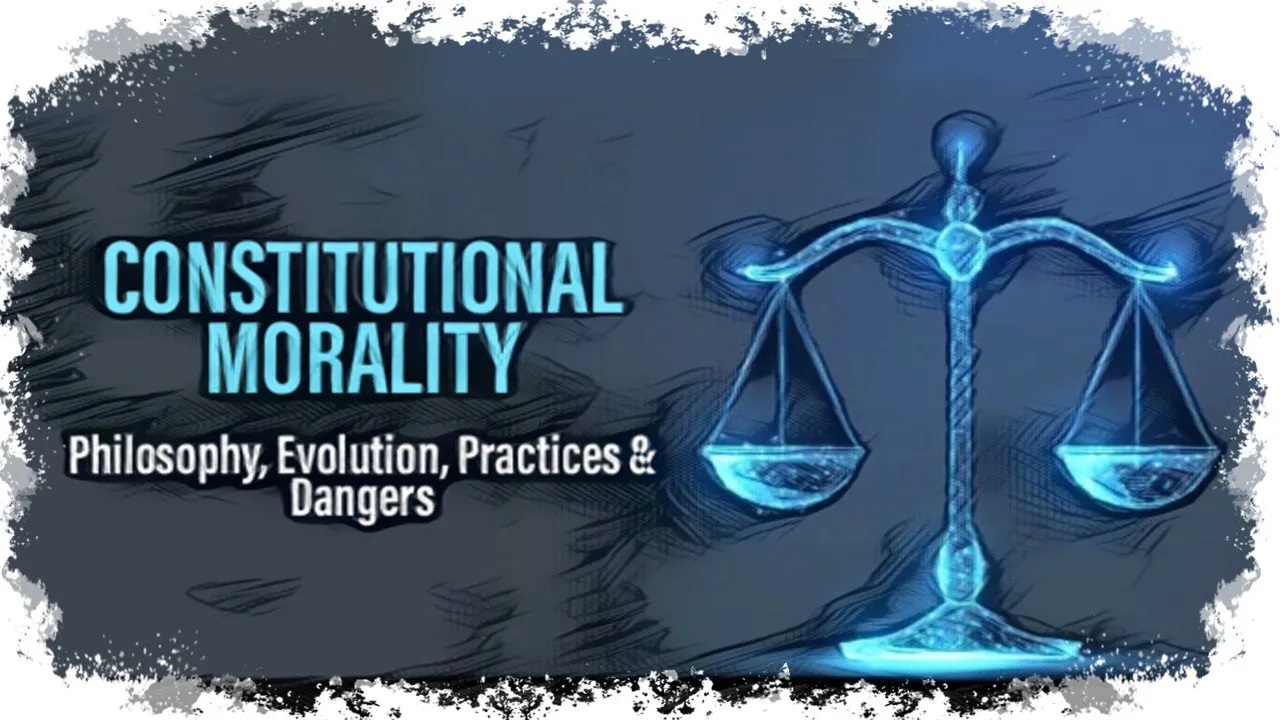Context:
Ongoing proceedings before the Supreme Court raise concerns about the conduct of some Governors. The key issue that has forced State governments to approach the court for redress is the perverse manner in which incumbents in Raj Bhavan have used the absence of a timeframe for granting assent to Bills to harass and frustrate elected regimes.
Recent trends:
- When the court raised the question, “What was the Governor doing for three years?” with respect to the Tamil Nadu Governor, R.N. Ravi, it was underscoring the fact that he disposed of pending Bills only after the court’s observations about the delay in an earlier hearing.
- The Governor’s reluctance to act until an aggrieved government approached the court seems deliberate. The hearing was marked by some questions and answers about the implications of the Governor’s action in withholding his assent to 10 Bills, and the response of the State Assembly in passing the Bills for a second time.
- Preliminary observations by the court suggest that the scheme of Article 200 of the Constitution, which deals with the presentation of Bills passed by the legislature to the Governor for assent, will come under a good deal of scrutiny in this matter.
The larger issue:
- With the court noting that the Governor cannot refuse assent to the reenacted Bills, the present legislative impasse can be given a quick resolution if Mr. Ravi acts on the observation. However, the matter should not end there. The larger issue requires a clear enunciation of the law.
- The tenor of Constituent Assembly debates indicates that it intended to make the power of granting or withholding assent to Bills, or even returning them for reconsideration, exercisable solely on the advice of the Council of Ministers. However, in practice, many Governors have acted on their own, especially in reserving Bills for the President’s consideration.
Article 200:
- Supreme Court must now come up with an authoritative decision so that uncooperative Governors do not use such grey areas to their advantage. It must also be clarified whether ‘withholding assent’ is a final act of rejection of a Bill or it needs a follow up action in the form of returning the Bill with a message for reconsideration by the House, as stated in the first proviso to Article 200.
- It is a settled position in Indian law now that Governor, while declaring that s/he withholds assent to a bill, will have to disclose the reason for such refusal; being a high constitutional authority, s/he cannot act in an arbitrary manner.
- A constitution bench of the Supreme Court in Rameshwar Prasad and Ors. vs Union Of India and Anr held that if the grounds for refusal disclose mala fide or extraneous considerations or ultra vires, the Governor’s action of refusal could be struck down as unconstitutional.
- The proviso bars Governors from withholding assent to any Bill they had returned for reconsideration and has been adopted again by the legislature.
- The issue has also highlighted constitutional ambiguities on the role of Governors. The ‘aid and advice’ clause that is at the core of parliamentary democracy is somewhat undermined by clauses that allow Governors to give themselves discretion they were never meant to have. Such provisions need wholesome reconsideration.
Conclusion:
The refusal of assent by a ‘rubber stamp’ or nominal head is not followed in other democratic countries(eg USA, UK). In some cases, the Constitution provides a remedy so that a Bill passed by the legislature can become law despite the refusal of assent. In this context, Indian Parliament should examine the role of Governor and end this constitutional deadlock.
.jpg)

.jpg)
.jpg)
Comments (0)